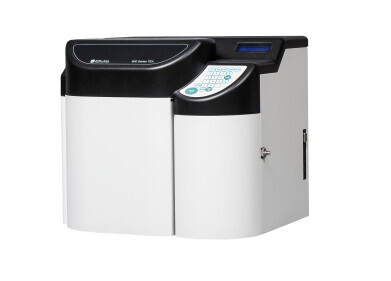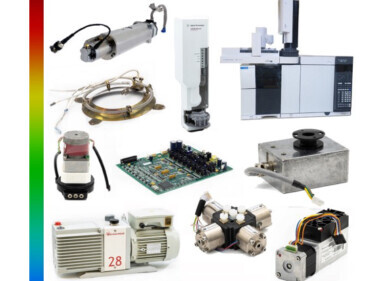-
 Wine bottle corks were tested for efficiency
Wine bottle corks were tested for efficiency
Chromatography
GC-MS used in bottle cork test
Mar 30 2010
A three-year study by the Cork Quality Council (CQC) tracked the efficiency of a range of stoppers in commercial bottling organisations.
ETS Laboratories in St Helena, California tested samples for the presence of 2,4,6-trichloroanisole (TCA) - a common cause of 'cork taint'.
Researchers looked for TCA in concentrations of more than one part per trillion, which would indicate the beverage had spoiled.
However, according to the CQC, the standards of existing technical corks used in current bottling methods are so high that it resulted in no examples of TCA above this level in 144 instances.
The organisation noted recent developments in the cleaning of cork granules as one reason the quality of such wine closures is so high.
Previous experiments by the body used GC-MS to explore the link between TCA and defective wine, with fungal metabolism of chlorophenols found to be a leading cause.
Digital Edition
Lab Asia 31.2 April 2024
April 2024
In This Edition Chromatography Articles - Approaches to troubleshooting an SPE method for the analysis of oligonucleotides (pt i) - High-precision liquid flow processes demand full fluidic c...
View all digital editions
Events
May 05 2024 Seville, Spain
InformEx Zone at CPhl North America
May 07 2024 Pennsylvania, PA, USA
May 14 2024 Oklahoma City, OK, USA
May 15 2024 Birmingham, UK
May 21 2024 Lagos, Nigeria











.jpg)





